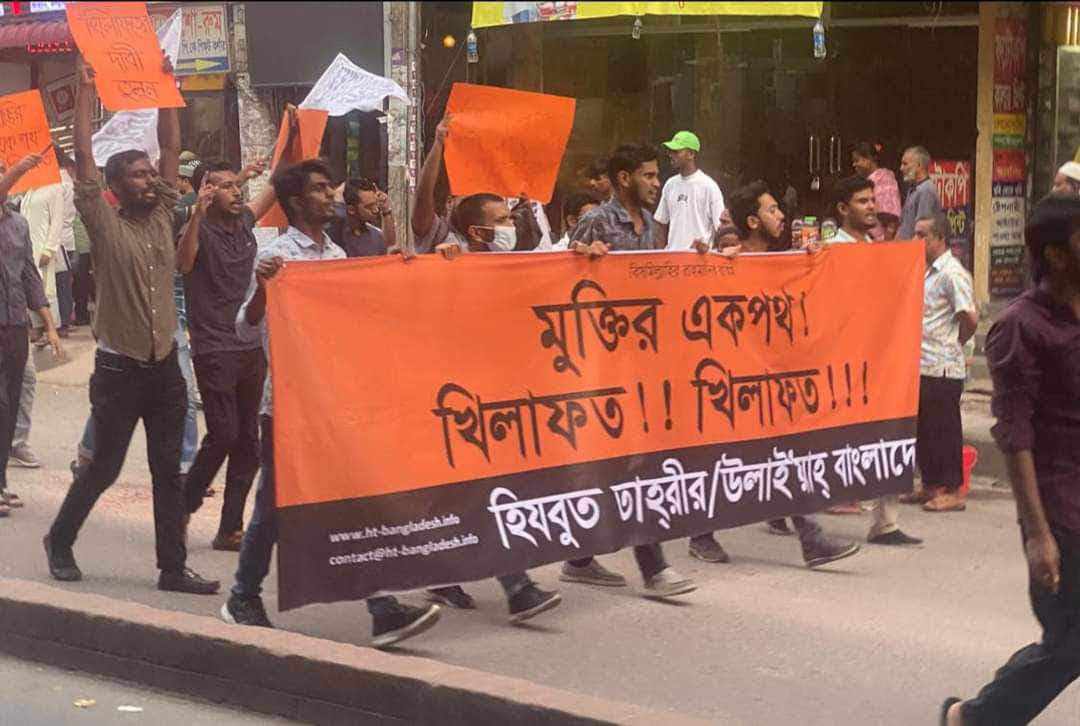In recent years, Bangladesh has witnessed a concerning rise in the influence and activity of Islamist militant groups. While the country has long prided itself on its secular values, the political landscape has shifted significantly following the ouster of Prime Minister Sheikh Hasina, whose leadership has been seen as a bulwark against radicalism.
The Fall of Secular Leadership
Sheikh Hasina, the daughter of Bangladesh's founding father Sheikh Mujibur Rahman, has been a strong advocate for secularism and has worked to maintain stability in a nation with a significant Muslim majority. Under her leadership, the government took firm actions against extremism, including cracking down on militant organizations and their financing networks.
However, the political upheaval that followed Hasina's ouster created a power vacuum that many extremist groups have exploited. With a weakened central government and shifting alliances, radical factions have found fertile ground to grow, emboldened by regional and global political shifts.
Factors Driving the Surge
Several factors have contributed to the rise of Islamist militants in Bangladesh:
- Political Instability: The removal of Sheikh Hasina and the fracturing of the political elite have left the country vulnerable to extremist ideologies. Islamist groups, some with ties to global jihadist networks, have used the instability to rally support among disillusioned youth and religious conservatives.
- Regional Influence: Neighboring countries, such as Myanmar and India, have witnessed their own struggles with extremism, and this regional instability often spills over into Bangladesh. Cross-border smuggling and radical recruitment efforts have further strengthened the position of militant factions.
- Social and Economic Discontent: Bangladesh's rapid economic development, while lifting millions out of poverty, has also exacerbated wealth inequality. This socio-economic divide has made certain segments of society more susceptible to extremist rhetoric, especially when paired with feelings of disenfranchisement.
- Global Jihadist Networks: With the rise of groups like ISIS and Al-Qaeda in South Asia, Bangladesh has seen a growing influence of global jihadist ideologies. Although the government has made efforts to curb recruitment, the internet and social media remain potent tools for radicalization.
The Threat to Bangladesh’s Secular Identity
The rise of Islamist militant groups poses a direct challenge to Bangladesh’s secular foundation. The country, founded on the principles of religious tolerance and independence, has long balanced its Islamic identity with democratic values. However, the growing influence of hardline militants threatens to undermine this delicate balance.
As groups like Jamaat-ul-Mujahideen Bangladesh (JMB) and Ansar al-Islam continue to expand their operations, the government faces a difficult task in countering extremism while maintaining political stability. Recent attacks on religious minorities, as well as the targeting of secular intellectuals and activists, highlight the growing threat posed by these groups.
Conclusion
The rise of Islamist militant groups in Bangladesh following the ouster of Sheikh Hasina is a complex issue rooted in political instability, socio-economic disparity, and regional extremism. While the country has made significant strides in combating terrorism, the shift in leadership and growing influence of radical elements could alter the trajectory of Bangladesh's future. How the nation navigates this challenge will be crucial in preserving its secular identity and ensuring a stable, democratic future.















